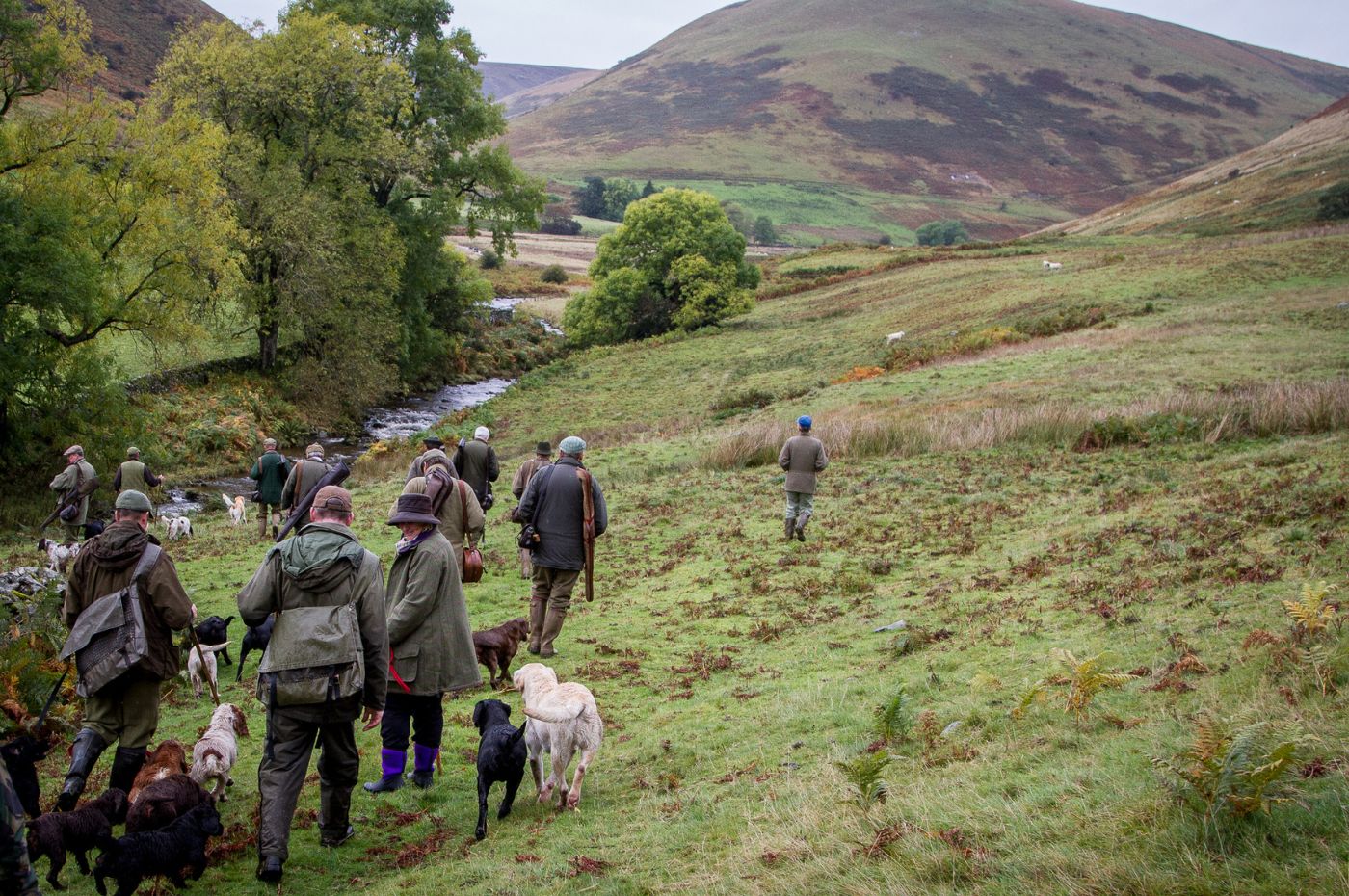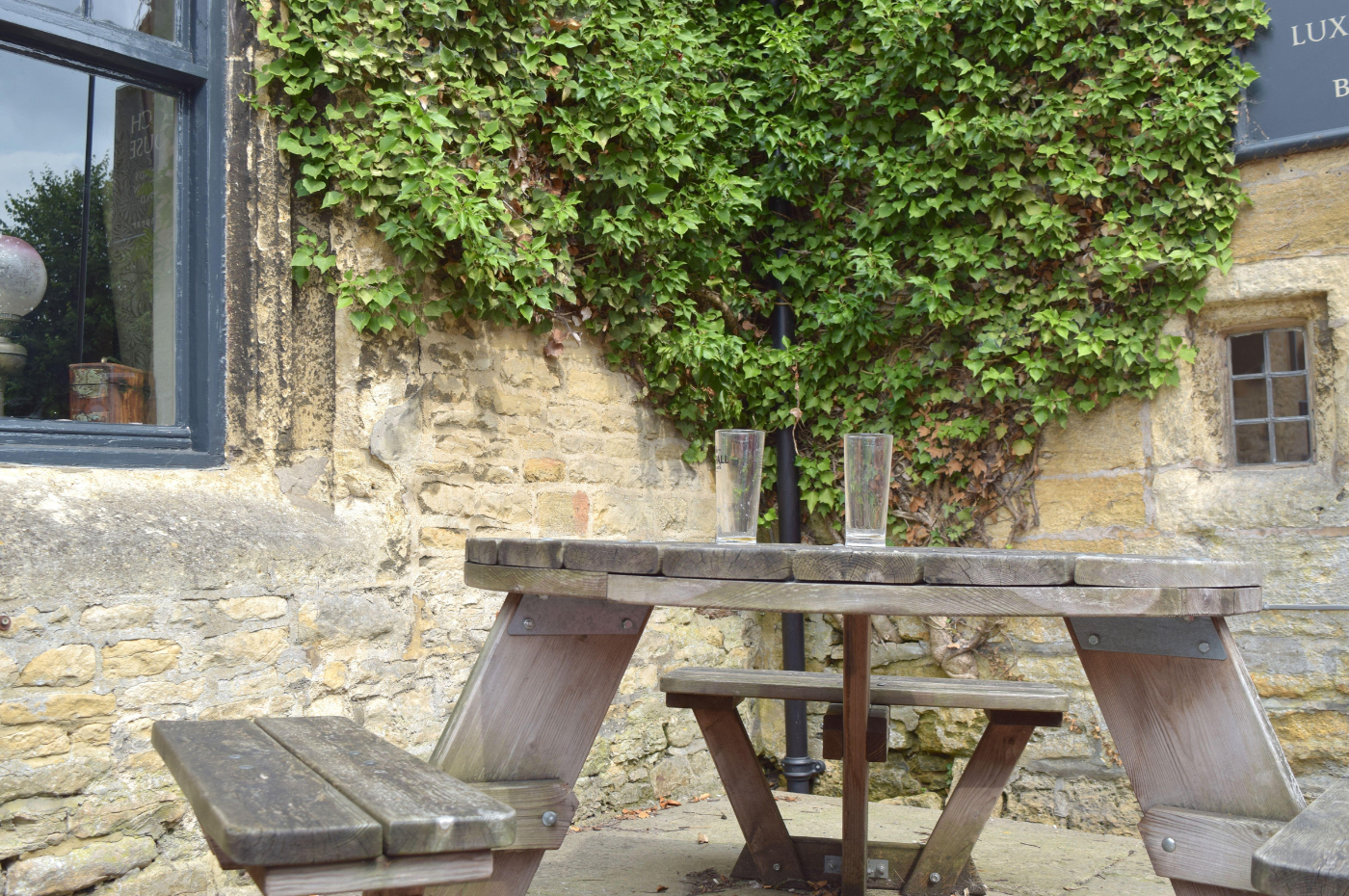Tim Bonner: Is the government in retreat on shotgun licensing?
In the current political climate making predictions is a dangerous business,...
View Details
Gen Z think (32%) farmers are the ‘best champion’ of the Great British countryside, according to a new poll conducted by Future Countryside. Farmers scored overwhelmingly higher than activists and environmental campaigners (12%), as well as politicians (4%).
Jeremy Clarkson also beat Chris Packham as the celebrity ‘best placed’ to represent the Great British Countryside, behind Sir David Attenborough in first place, according to those aged between 18- 27.
37% of young adults favoured Sir David, while 17% valued Jeremy Clarkson. Other celebs, including naturalist Mr Packham (5%), shepherdess and farmer Amanda Owen (5%) and Clare Balding (4%) scored much lower. Asked which TV shows best represent life in the countryside, Sir David Attenborough documentary Wild Isles came out top (20%), followed by Amazon Prime’s hit series Clarkson’s Farm (12%). The BBC’s flagship rural affairs show, Countryfile, came a close third (10%) ahead of Escape to the Country (7%), Emmerdale (5%) and Springwatch (5%).
This first major poll assessing Gen Z’s attitudes toward the countryside contains fascinating insights on a range of issues including the influence of social media, and barriers to visiting.
The findings, carried out by ORB on behalf of the Future Countryside conference, will be presented to a gathering of farming and environmental organisations, including the National Farmers Union (NFU) and Natural England, at the major conference at Chatsworth House today. Speakers this year include Tristram Hunt, Michael Gove, Professor Kathy Willis and NFU President Tom Bradshaw.
Additionally, according to the age range, the top three roles that farmers should be doing more of include ‘ensuring animal welfare and ethical treatment’ (42%), ‘looking after the land and natural environment’ (40%) and ‘growing food to feed the population’ (37%), while ‘rewilding’ (14%), using chemical fertilisers and pesticides to fight pests’ (13%) and ‘meeting consumer demand, even if it’s not sustainable’ are ranked as the lowest priorities.
Over half of Gen Z (54%) say that social media has influenced their decision to visit the countryside, after seeing content on apps like Instagram, TikTok and Facebook. This number was higher among women (58%) than men (50%). Over two fifths (42%) say the frequency at which they visit the countryside has increased with age.
When asked for reasons why they visit the countryside, 36% do so for their mental health, wellbeing and rest; 34% to connect with nature and watch wildlife; and 30% for their physical health and exercise.
The most commonly cited barriers to visiting the countryside included distance (73%), not having enough time (70%) and transport costs (68%). Not knowing which areas you are able to visit (58%) also remains a significant hurdle, while just under half (42%) are put off by the lack of internet and phone signal.
While Gen-Z overwhelmingly view the countryside as being welcoming (84%) and an important part of their heritage worth preserving (83%), only 24% of the 1,000 people polled selected village as the place they’d most wish to live if they could choose anywhere, compared to 32% for a town and 53% for a city.
Generation Z (Gen Z) refers to the demographic group succeeding Millennials and preceding Generation Alpha, generally defined as individuals born between 1997 and 2012.

In the current political climate making predictions is a dangerous business,...
View Details
Ten thousand tonnes of rubbish tower over Oxfordshire countryside near...
View Details
Since the Budget, countryside pubs and businesses saw rate bills soar - and...
View Details